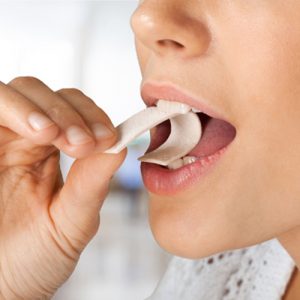 Bloomsburg, Danville, and Lewisburg, PA
Bloomsburg, Danville, and Lewisburg, PA
Did you know that chewing gum could benefit your oral health? It just has to be the right type of gum. Chewing sugarless gum, especially after you eat, helps the mouth “self-cleanse.” Gum containing xylitol, a natural sweetener, can help fight tooth decay, which significantly lowers your risk of cavities.
The compression of the teeth and gums that occur when you chew gum dislodges food particles that may be on or between your teeth. Chewing gum also encourages production of saliva, which helps protect tooth enamel and decreases the bad bacteria in your mouth that causes cavities. Let us not forget that mint flavored gum also helps freshen your breath, which is especially helpful in between brushing or when you are unable to brush your teeth. Some types of gum offer teeth whitening benefits, although these results will not be as dramatic or long lasting in comparison to a professional teeth-whitening treatment at the dentist.
However, there are instances in which chewing gum may not be recommended. Chewing even sugarless gum is not recommended for patients with certain kinds of dental work. These include individuals with restorative dentistry such as dentures or partials, as well as anyone who has braces. Chewing gum has been known to pull off orthodontic brackets, or cause oral prosthetics such as dentures or partials to come loose.
Chewing gum also is not advised for anyone suffering from a pre-existing condition such as temporomandibular disorder (TMJ). This jaw problem can be irritated or made worse by the repetitive chewing action. Chewing gum fatigues the jaw muscles and can lead to more pain and discomfort, exacerbating TMJ symptoms.
In short, sugar-free chewing gum that contains Xylitol helps keep your breath fresh, stimulates saliva, and can even reduce your risk of tooth decay. Chewing sugarless gum after eating can be ideal, especially if you are on the go and do not have the time or access to brush your teeth following meals. Note that chewing sugarless gum should not take the place of your regular oral hygiene efforts on a consistent basis, nor is it a replacement for receiving routine oral care from the dentist.
If you would like to learn more about ways to protect your oral health, contact Hamilton Dental Care today by calling (570) 387-0533.
Hamilton Dental Care is here to serve patients in the communities of Bloomsburg, Danville, and Lewisburg, PA.
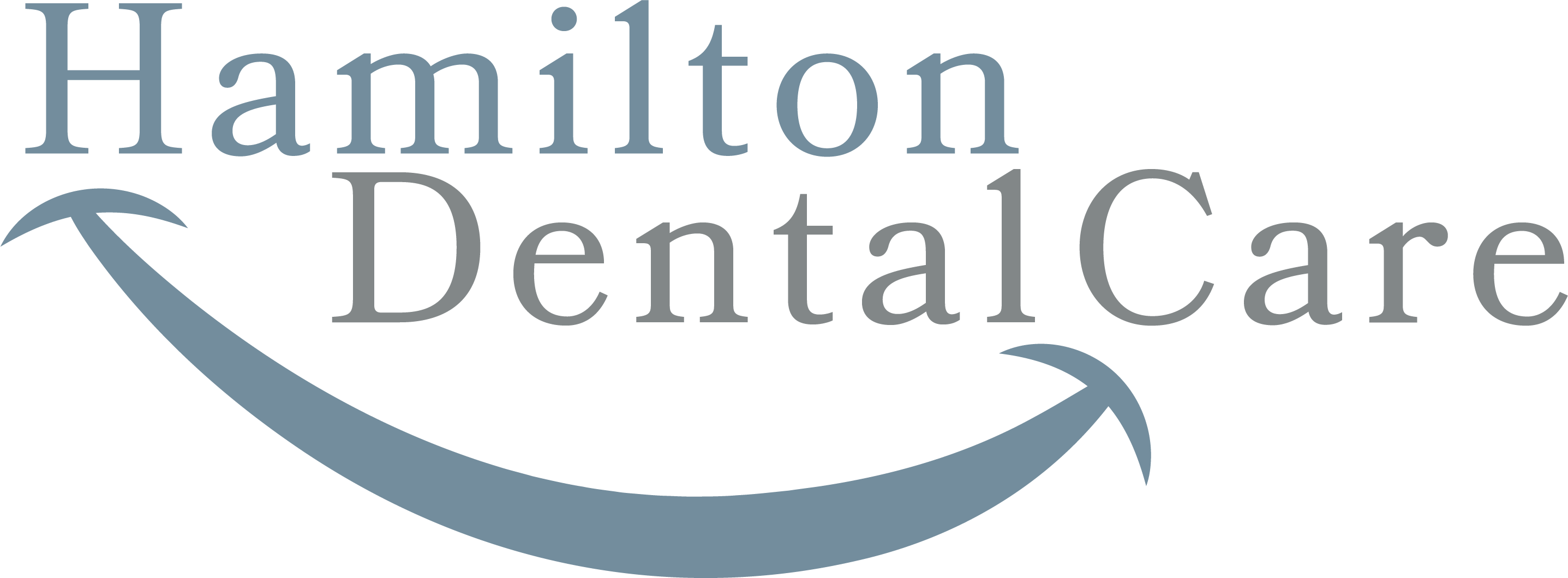


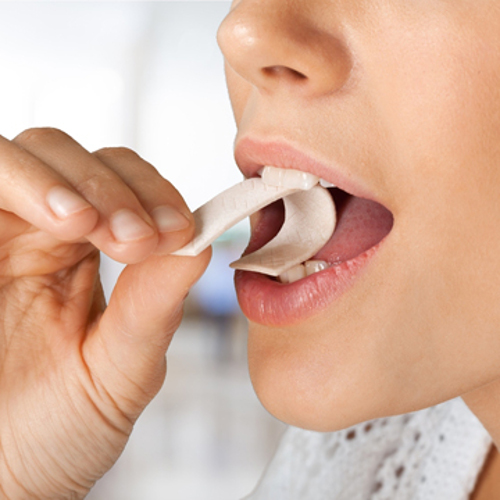
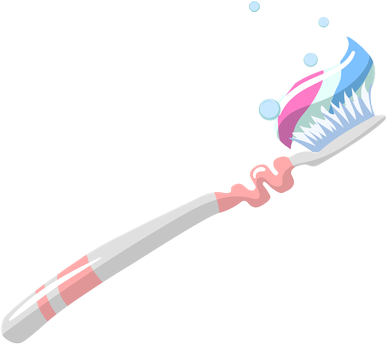
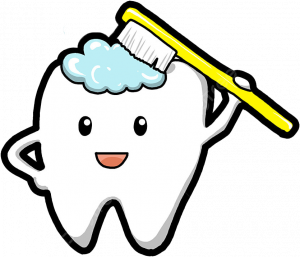

Comments are closed